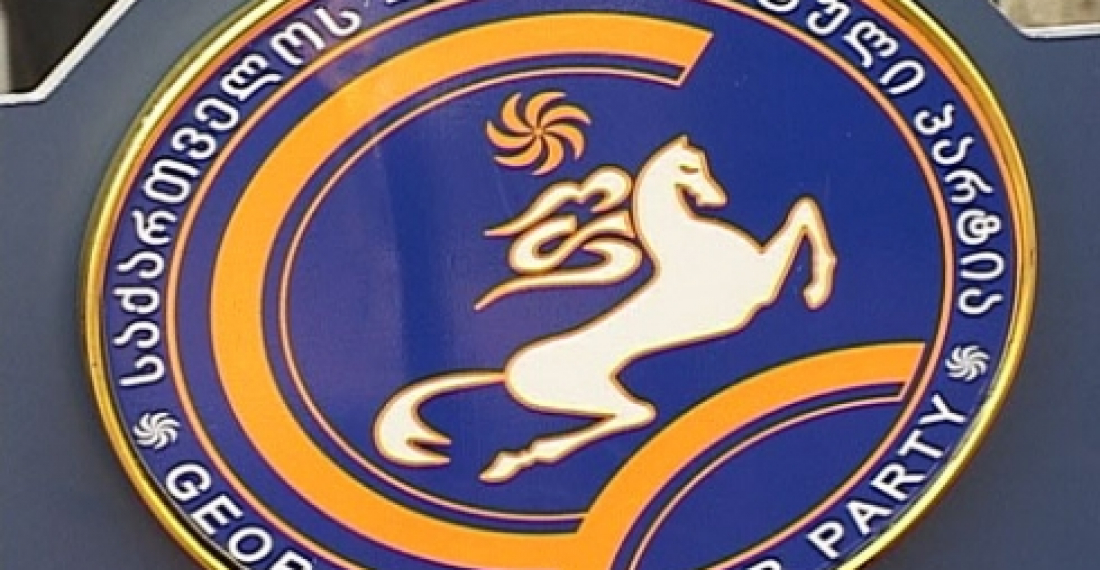Not for the first time politicians from the Georgian Labour Party have ruffled feathers with their provocative comments. On May 4 Georgian Labour party General Secretary was quoted as saying that U.S. ambassador to Azerbaijan Matthew Bryza met Georgian President Mikheil Saakashvili and Secretary of National Security Council Giga Bokeria in Tbilisi to discuss plans for a coup in Azerbaijan.
Georgian and Azerbaijani officials were quick to dismiss the story as provocative and aimed at driving a wedge in the good relations between the two countries. Head of the Azerbaijan Presidential Administration political Department, Ali Hassanov stated that Azerbaijani-Georgian relations are of a strategic nature and described the claims as suspicious.
The Georgian Labour Party has for nearly fifteen years played a dubious role in Georgian politics, often resorting to sensational statements about national and regional politics. Mysteriously however the Party has consistently secured a steady support during elections, particularly from amongst urban poor families, even though it has never been able to translate this in proper representation in the georgian Parliament.
(report compiled by commonspace.eu news team)







